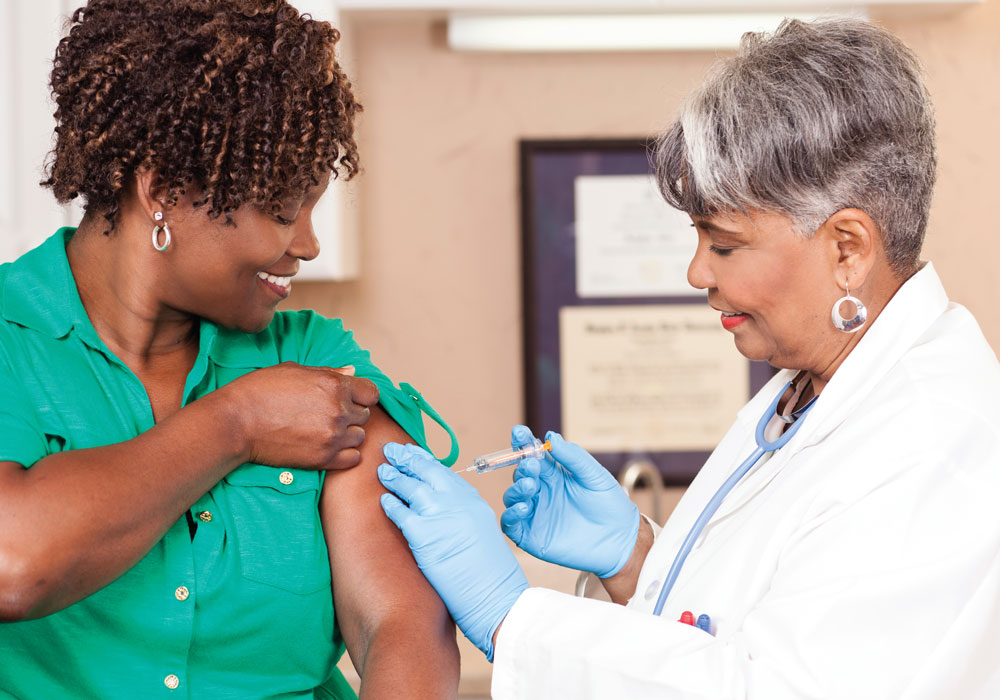As more people receive the human papillomavirus (HPV) vaccine to protect themselves from strains of the virus that can cause cervical, anal, oropharyngeal, penile, vulvar, and vaginal cancers, researchers are starting to see herd immunity, where even people who haven’t received the vaccine are developing fewer oral HPV infections. The findings were published in JAMA.
The researchers used data from the National Health and Nutrition Examination Survey of nearly 14,000 men and women aged 18–59 who participated from 2009–2016. Participants self-reported whether they had received the HPV vaccine and were tested for 37 HPV types through mouth rinse samples.
HPV vaccination rates increased from 0% to 6% in men and from 7% to 15% for women during the study years. Additionally, the prevalence of oral HPV infections from the four strains that the most commonly used vaccine protects against decreased by 37% among unvaccinated men and remained stable for unvaccinated women.
Although the “limited degree of herd protection is much smaller than the direct benefit of getting vaccinated,” the researchers said, “establishing herd protection is really a social responsibility.” This is because it protects people who can’t get or mount a response to the vaccine, such as those with an immune system disorder.






